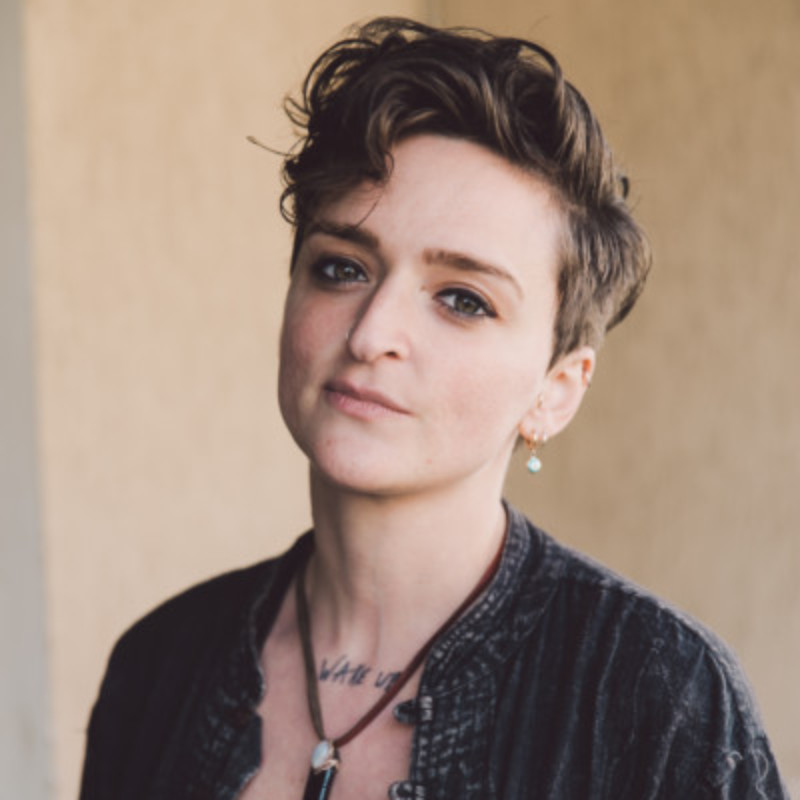
1. In your opinion, can the craft of poetry truly be taught, or is it an innate talent? What experiences have shaped your perspective on this?
They’re different things with different functions that can co-exist; talent is the visionary part of a poet, craft is the skillset needed to execute the vision. I wouldn’t say that all poets must go through formal education because not all writers have access to classes, but a poet who fulfills their potential is one who shows commitment. Part of that commitment is working to develop their artistry. In Poetics of the Undercommons, Fred Moten says that poetry is a monastic practice.
Perhaps innate talent refers to the sensibility in some people to find poems in the most mundane of daily tasks; craft is the tools used to translate the poetics in our mind to the poem on the page.
In my early twenties, I remember having the staunch opinion that creative writing cannot be taught, now I’m a PhD researcher in creative writing. In the span of my career as a poet, I discovered that craft is when I respect the poem enough to leave myself – and any perceived talent – behind.
2. How do you differentiate between teaching the technical aspects of poetry (like form, meter, and metaphor) and fostering a poet’s unique voice and creativity?
Teaching form, meter and metaphor are the most productive ways to locate the exposed pulse of a poet’s voice.
These techniques are often restrictions – a certain number of beats per line, for example – which work by forcing the poet to run their poems through these filters. Each filter has its own shape and density, this distillation process leaves only the raw poetic truth behind. Or, at least, it can.
Uniqueness and creativity are usually defined by how innovative or original the work can be. As a teacher, my main aim is to foster that in a poet by giving them challenges so that their voice finds what it likes and dislikes, a journey of negotiation between tradition and the present tense. In American Sonnets for my Past and Future Assassin, Terence Hayes demonstrates his ingenuity with the sonnet and this defines his unique voice as a writer.
3. What are some of the most effective methods or approaches you’ve seen for teaching poetry, especially to those who might initially feel intimidated by the art form?
I used to teach poetry in high schools and Pupil Referral Units. When I did, I’d ask that we offer the classes specifically for those who aren’t connecting with the subject of English or who have difficulty with grammar rules and such. The poetry that I like is very much by those who feel discomfited by the rules. Poetry is about reclaiming language. To connect poetry with their teenage worlds I’d ask them to show me the lyrics of their favourite songs, and then would locate the poetic devices used in those songs which were largely different genres of British rap.
Showing that poetry isn’t an exclusive elitist practice but rather something found in their everyday helps to bring poetry to the people rather than expecting the people to overcome their insecurities and come to the poetry.
4. Do you believe that formal education in poetry can limit a poet’s creativity, or does it provide essential tools for expression? How do you balance teaching the rules of poetry with encouraging students to break them?
I teach poets how to break apart language to find new freedoms; I don’t wholly centre any class around conventions or traditional forms. For me, the classroom is for encouraging students to seek liberatory streams and innovative literatures. I teach rules through negation: demonstrating how poets and literary movements mobilised or broke those formal rules; from that students can deduce their own relationship to what is considered tradition and who it is for.

lisa minerva luxx is a British-Syrian writer and political activist. Their poetry, essays and fiction have been published internationally including by Poetry Review, Telegraph, New England Review, BBC Radio 4 and their short film ‘Lesbian.’ was produced by Channel 4. In 2021 their debut collection, Fetch Your Mother’s Heart received critical acclaim. They are a platinum award-winning lyricist with Maison Arts, LA, while also a playwright: have written three verse plays including what the dog said to the harvest which premiered at Southbank Centre. Currently, studying their PhD in diaspora resistance poetics. In 2025 their short story collection, Raising Sun Son, is set for release by Comma Press. They believe in transnational community organising and grassroots action as a means of liberation.
lisa will be running their online course My People: Poetics of Social Change Masterclass with us this Spring, starting on Monday 13 January 2025.
Add your Reply
You must be logged in to post a comment.